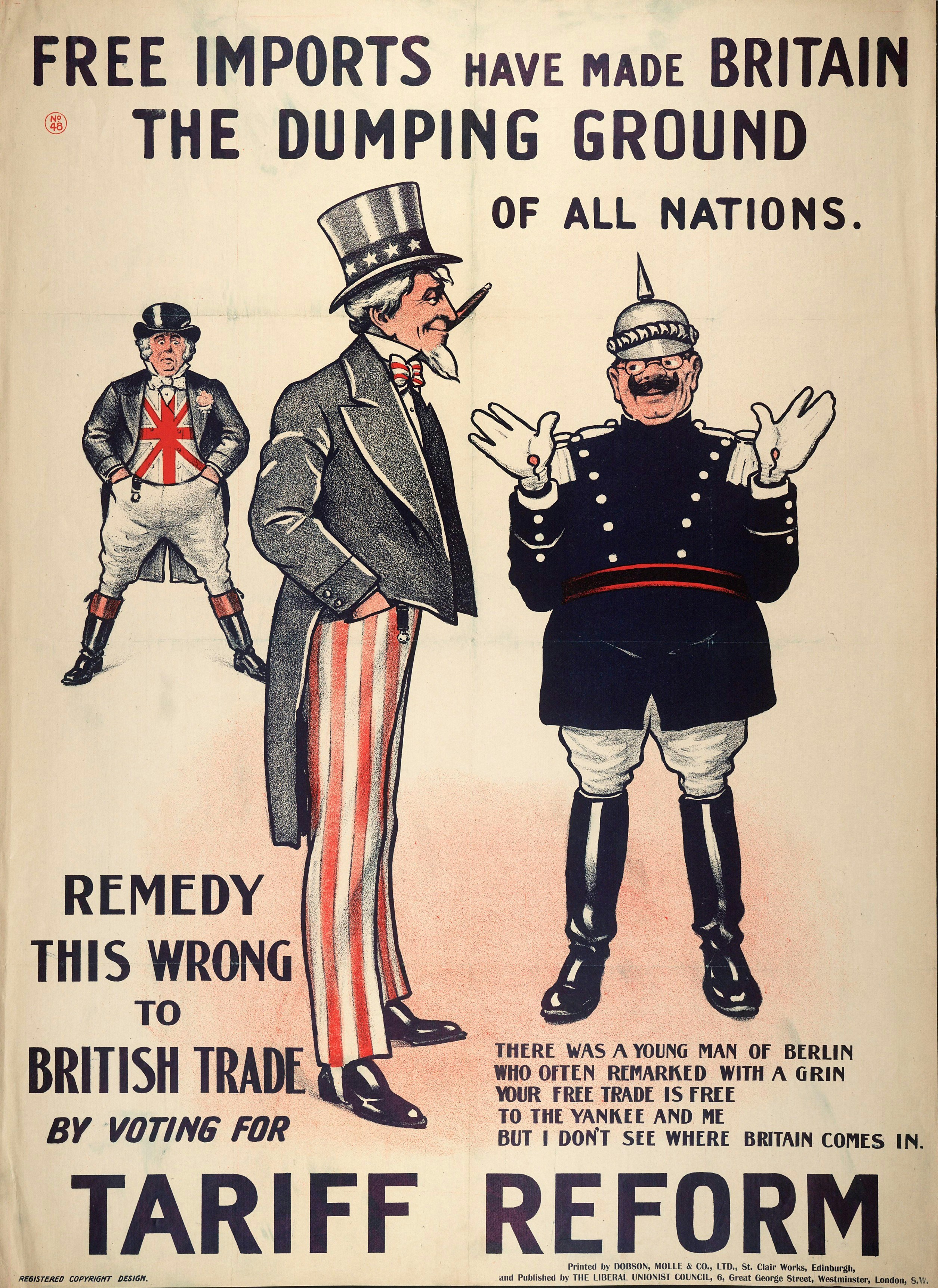
Introduction to Yoon Suk Yeol
Yoon Suk Yeol, the current President of South Korea, has a notable background that reflects a journey marked by dedication and achievement. Born on December 18, 1960, in the city of Seoul, Yoon hails from a family steeped in educational excellence; his father was a university professor. His academic pursuits began at the prestigious Seoul National University, where he majored in law. This foundational education set in motion a career characterized by significant milestones.
Upon completing his degree, Yoon joined the judicial system, where he served as a judicial research officer. He later advanced to the position of prosecutor, gaining recognition for his determined stance against corruption and his commitment to upholding the rule of law. Throughout his career as a prosecutor, which spanned over two decades, he played a crucial role in high-profile investigations, most notably in cases involving government corruption and corporate misconduct. These experiences not only shaped his legal acumen but also instilled in him a strong belief in judicial integrity and transparency. His approach earned him both commendation and criticism, highlighting the complexities of his role in the South Korean justice system.
Yoon’s shift into the political arena was a significant turning point in his career. In 2021, he announced his candidacy for the presidency, representing the People Power Party. His campaign capitalized on his prosecutorial background to position himself as a candidate committed to justice and reform. Through a combination of his legal expertise and political aspirations, Yoon Suk Yeol has emerged as a defining figure in contemporary South Korean politics. His presidency aims to address various national issues while adhering to the principles cultivated throughout his notable career.
Political Career: From Prosecutor to President
Yoon Suk Yeol’s political career is characterized by a remarkable transition from a prominent prosecutor to the President of South Korea. His background as a prosecutor set the stage for his political aspirations, where he garnered a reputation for his unwavering stance on corruption and integrity in law enforcement. He served as the Prosecutor General of South Korea, a role that brought both acclaim and controversy. Notably, his aggressive pursuit of high-profile corruption cases, including those involving former government officials, established him as a significant figure in South Korean politics.
However, his tenure as Prosecutor General was not without dispute. His confrontations with the ruling party, particularly during the Moon Jae-in administration, highlighted his commitment to independence from political influence. This contentious environment fueled his eventual decision to enter politics, as he aimed to channel his prosecutorial experience into a broader platform advocating for accountability and transparency in governance.
In 2021, Yoon announced his candidacy for the presidency, running on a platform that resonated with voters seeking change. His campaign was notably marked by a focus on key issues such as economic reform, national security, and efficient governance. Yoon’s approach reflected a dedication to addressing public concerns over economic difficulties and safety within the context of rising threats from North Korea.
His political messaging, coupled with his reputation, was instrumental in garnering support from conservative factions and the general populace. On March 9, 2022, Yoon Suk Yeol was elected as President, launching a new chapter in South Korea’s political narrative. Understanding Yoon’s political career is crucial for analyzing his vision and priorities as he navigates the complexities of governance in a rapidly evolving socio-political landscape.
Key Policies and Initiatives
As the President of South Korea, Yoon Suk Yeol has focused on a range of policies and initiatives that seek to address pressing national issues and elevate South Korea’s standing on the global stage. Central to his governance are economic reforms aimed at revitalizing the nation’s economy. Yoon has advocated for deregulation to stimulate innovation and entrepreneurship, promoting a robust environment for small and medium-sized enterprises (SMEs). His administration seeks to attract foreign investment and boost job creation, especially in high-tech sectors. The focus on creating a dynamic economy aligns with his campaign promises, enhancing South Korea’s competitive edge in a rapidly changing global market.
Yoon’s foreign policy initiatives have also marked a significant shift, emphasizing stronger ties with the United States and other allies while addressing relationships with North Korea. Under his leadership, South Korea has taken a proactive stance in regional security matters, advocating for greater cooperation in defense and intelligence-sharing frameworks. This approach demonstrates a commitment to realizing lasting peace on the Korean Peninsula while simultaneously ensuring national security, appealing to voters who prioritize strength in foreign diplomacy.
In the realm of social issues, Yoon has aimed to tackle inequality and improve welfare programs. His policies include reforming the housing market to increase affordability and accessibility for younger generations, reflecting his recognition of the generational struggles faced by citizens today. Moreover, the government’s response to the COVID-19 pandemic showcased a balance between public health measures and economic resilience, with an emphasis on vaccine distribution and healthcare access. This multifaceted approach highlights the complexities of his presidential initiatives, as they inherently link to his campaign promises while aiming to create long-lasting benefits for South Korea’s diverse population.
Foreign Relations and Diplomacy
The foreign relations strategy of Yoon Suk Yeol, the President of South Korea, has become a focal point in the context of East Asian geopolitics. His administration emphasizes a security-centric approach, particularly concerning relations with North Korea. Stemming from a conservative standpoint, Yoon advocates for a robust deterrent against North Korean provocations and reaffirmed South Korea’s commitment to the United States as a primary ally. This partnership continues to involve joint military exercises and discussions regarding advanced missile defense systems aimed at countering North Korean threats.
In his dealings with Japan, Yoon seeks to navigate historical grievances while enhancing cooperation on security and economic fronts. His administration has been open to dialogue, especially in light of shared concerns about North Korean activities and China’s growing influence. Consequently, Yoon’s approach attempts to balance the need for historical reconciliation with the practical necessity of regional collaboration. This delicate balancing act is critical in fostering a diplomatic atmosphere where mutual interests can prevail despite underlying tensions.
Yoon Suk Yeol’s strategy also reflects an intention to engage constructively with China. Acknowledging China’s significant role in the global economy and regional politics, his administration has aimed to maintain positive relations while asserting South Korea’s sovereignty and values, particularly concerning issues like human rights. This nuanced diplomacy demands flexibility and tact, particularly as South Korea navigates its place between major powers like the United States and China.
Overall, Yoon’s foreign relations policy is oriented toward reinforcing South Korea’s strategic alliances while proactively addressing complex inter-Korean dynamics. His administration’s diplomatic endeavors are indicative of South Korea’s aspiration to solidify its role as a responsible player within the international community. The challenges posed by North Korea, coupled with the necessity for constructive engagement with Japan and China, underscore the importance of a thoughtful and assertive foreign policy under Yoon Suk Yeol’s leadership.
Public Reception and Criticism
The public reception of Yoon Suk Yeol’s administration has been a subject of considerable discussion since he took office. His approval ratings have seen fluctuations, often reflecting the changing dynamics of public sentiment in South Korea. Initially, Yoon benefitted from a wave of optimism, as many citizens anticipated reforms and decisive actions regarding key national issues. However, as time progressed, his administration faced various challenges that affected his popularity.
One of the main areas of criticism directed at Yoon has been his approach to managing protests and dissent. Critics argue that his administration’s response has been overly stringent, raising concerns about civil liberties and the right to peaceful assembly. Instances of police crackdown on protesters have sparked debates on the balance between maintaining order and respecting democratic freedoms. These actions have contributed to a decreasing approval rating among segments of the population who feel their voices are not being adequately heard.
Additionally, Yoon’s administration has encountered significant hurdles related to the economy. South Korea has faced rising inflation and global economic uncertainties, and many citizens question the government’s strategies to combat these challenges. Critics have pointed out that the economic policies put in place do not sufficiently address the concerns of everyday people, leading to a growing sentiment of discontent among the public.
Moreover, some of Yoon’s policy decisions have drawn ire from opposition parties and civic groups. These contentious actions have often led to widespread discourse on the effectiveness and moral implications of the government’s choices. It is essential to note that while criticism exists, there are also constituents who support his leadership, highlighting a divided public perspective.
Overall, Yoon Suk Yeol’s administration continues to navigate a complex landscape of public reception characterized by both support and criticism, underscoring the inherent challenges of leadership in a democratic society.
Recent Developments and Updates
Since Yoon Suk Yeol assumed the presidency of South Korea, his administration has been navigating a landscape marked by multifaceted challenges, achievements, and significant events that shape the nation’s trajectory. One of the prominent developments under his leadership is the ongoing tension with North Korea. The increasing frequency of missile tests and provocative rhetoric from Pyongyang has compelled President Yoon to reinforce national defense strategies and collaborate closely with allies, particularly the United States. This is aimed at ensuring stability on the Korean Peninsula while addressing security concerns that directly affect South Korea.
Yoon Suk Yeol’s government has also prioritized economic revitalization amid a global economic slowdown exacerbated by various pandemics and geopolitical tensions. Efforts to foster innovation and bolster the technology sector have garnered attention, as the administration promotes initiatives aimed at supporting startups and enhancing the competitiveness of traditional industries. The recent agreement between the government and major corporations to invest in green technologies is a noteworthy achievement that signifies a commitment to sustainable development while aiming to propel economic recovery.
Moreover, President Yoon’s approach to foreign policy has been characterized by a desire to strengthen South Korea’s position on the global stage. High-level diplomatic engagements with the U.S. and participation in international forums such as the G20 highlight the pursuit of strategic partnerships to address shared challenges, including climate change and global health crises. However, this is not without its controversies, as public sentiment regarding various domestic policies fluctuates and criticisms regarding the administration’s handling of social issues continue to surface.
Through these developments, Yoon Suk Yeol’s presidency is inching forward, bringing forth a mixed bag of responses from the populace, reflecting the complexity of the current socio-political climate in South Korea. Keeping track of these events and their implications remains crucial for understanding the nation’s direction under his administration.
Challenges Facing Yoon Suk Yeol’s Administration
The administration of President Yoon Suk Yeol is currently navigating a myriad of multifaceted challenges. Firstly, the South Korean economy is experiencing significant pressure due to a combination of global economic uncertainty and domestic issues. This has resulted in slow growth rates, rising inflation, and an increase in unemployment, compelling the government to introduce various fiscal measures aimed at stimulating economic activity. The effectiveness of these measures remains a matter of intense scrutiny, as citizens seek assurance of economic stability and improved living conditions.
Another pressing challenge for President Yoon’s administration is the political opposition, which has been vocal and active in their dissent. With influential opposition parties questioning the administration’s policies and decisions, there is a risk of legislative gridlock that could hinder crucial reforms. This political climate demands adept negotiation skills and a strategic approach to governance, ensuring that the administration can maintain a working relationship with various political factions while pushing forward its agenda.
In addition to economic and political hurdles, societal issues such as rising inequality and youth unemployment are critical concerns. Many citizens are calling for comprehensive reforms to address these social disparities, pressing the government to take a proactive role in rectifying systemic issues. The demographic shift towards an aging population further complicates the situation, placing additional strain on social services and health care systems.
Above all, the ability of Yoon Suk Yeol and his administration to effectively navigate these challenges will significantly impact their governance. Balancing economic recovery, maintaining political stability, and addressing social issues are pivotal to ensuring public confidence in their leadership. The path forward will demand not only robust policy-making but also an inclusive approach that seeks to engage the diverse perspectives of South Korea’s populace.
Future Prospects for Yoon Suk Yeol
Yoon Suk Yeol, as the current President of South Korea, holds a pivotal position that influences not only the immediate landscape of South Korean politics but also the country’s trajectory in various spheres, including economic growth, international relations, and domestic policies. Having taken office with a commitment to bolster national security and address economic challenges, his future prospects are of considerable interest to analysts and citizens alike.
Yoon’s political ambitions appear to center around the consolidation of his power within the ruling party and the wider political spectrum. With an upcoming election cycle, his potential for reelection will largely depend on the effectiveness of his administration’s policies and their reception among the electorate. His approach to governance, which emphasizes transparency, accountability, and proactive engagement with pressing issues, will be scrutinized as citizens evaluate the benefits and consequences of his leadership. The public’s sentiment regarding socio-economic disparities and national security will play a critical role in determining his re-election prospects.
Moreover, the implications of Yoon Suk Yeol’s policies may extend far beyond his term. His stance on foreign relations, particularly concerning North Korea and key allies like the United States, will shape future diplomatic relations and regional stability. Economically, his government faces the challenge of managing inflation, fostering innovation, and creating employment opportunities. His ability to navigate these challenges effectively will have lasting consequences for South Korea’s society and its global position.
In the long term, Yoon’s administration may impact the fabric of South Korean society, influencing public policy, civil liberties, and economic resilience. As his term progresses, it will be essential to monitor how his political decisions resonate with the populace and how they contribute to the evolution of South Korea as a nation.
Conclusion: The Legacy of Yoon Suk Yeol
As we reflect on the tenure of Yoon Suk Yeol, it is essential to consider both the key developments and the broader implications of his leadership for South Korea. Elected in May 2022, Yoon’s administration has focused on various significant issues, including economic reforms, national security, and the international relations landscape. His approach to geopolitical tensions, especially regarding North Korea, has aimed at a more assertive South Korean posture, which could redefine the nation’s strategic alliances in a rapidly evolving global context.
Moreover, Yoon Suk Yeol’s commitment to supporting democracy within South Korea and addressing social disparities has sparked a dialogue around civil rights and governance. By advancing policies aimed at modernizing the economy and improving living standards, he is positioning South Korea for potential growth and resilience. However, the effectiveness of these policies and their long-term impacts on the South Korean populace remain pivotal questions. The balance he strikes between maintaining economic prosperity and fostering an inclusive society will be a significant aspect of his legacy.
In examining Yoon’s leadership style, it is crucial to note how he has navigated through challenges, including public protests and political opposition. His responses to these issues are likely to influence not only his standing as a leader but also the future trajectory of South Korea’s democratic institutions. The ability to adapt and embrace diverse perspectives may define his administration in the years to come.
In conclusion, the legacy of Yoon Suk Yeol will be assessed based on the permanence of his reforms, the state of South Korea’s democracy, and its position on the global stage. As citizens and observers, it is essential to critically evaluate both successes and shortcomings, understanding that the implications of his presidency will resonate for generations. The choices made by leaders like Yoon Suk Yeol play a crucial role in shaping the future narrative of a nation.





Leave a Reply